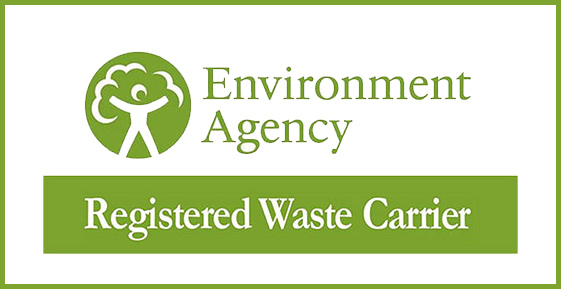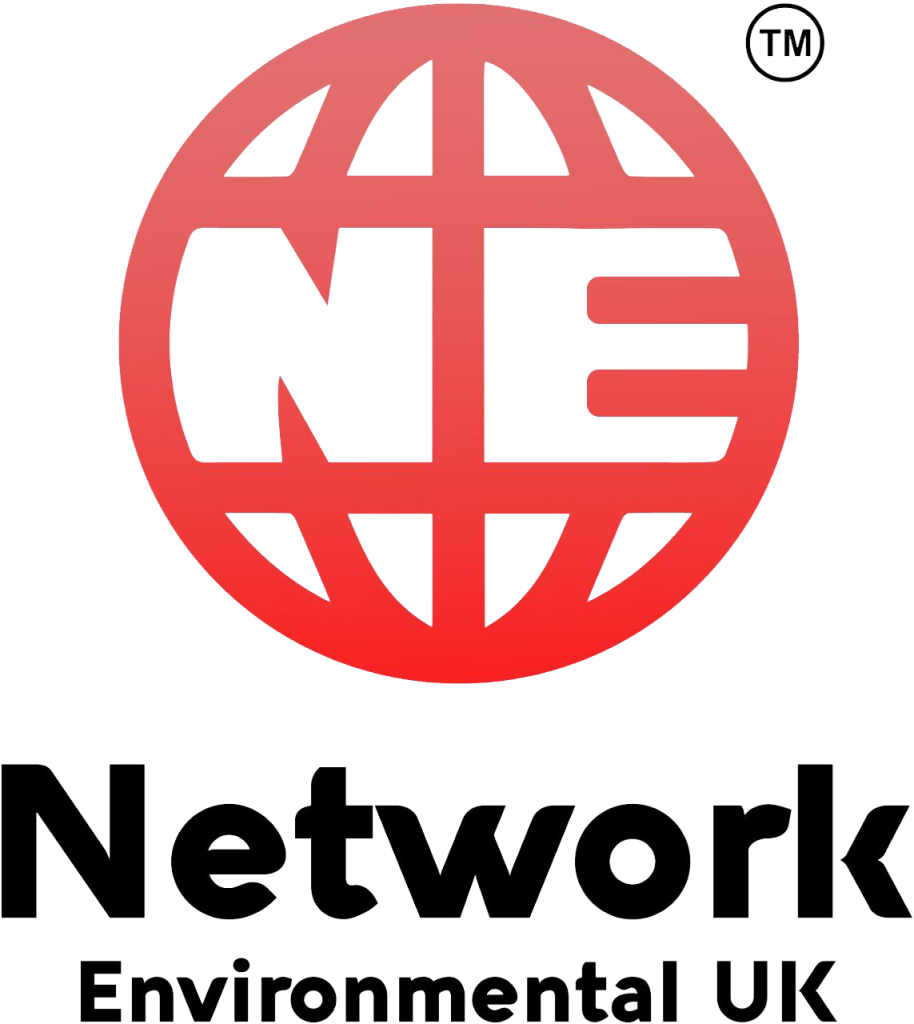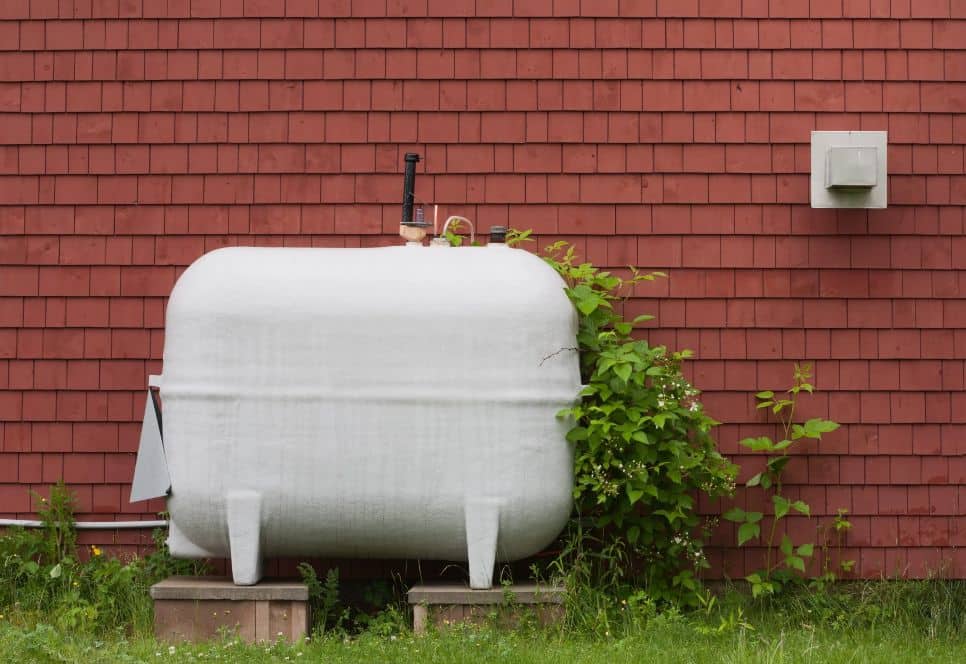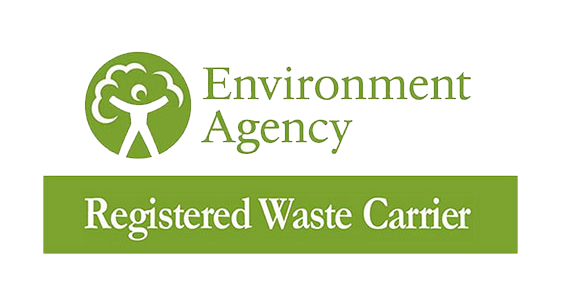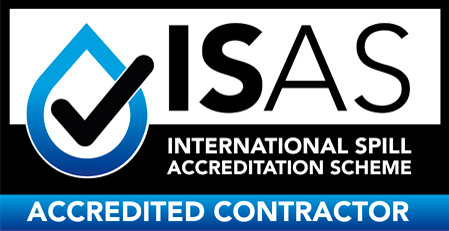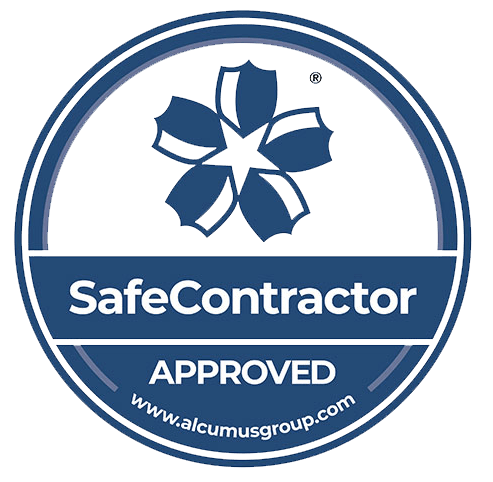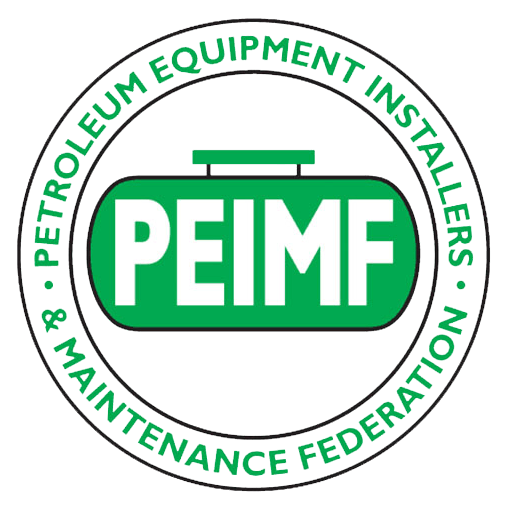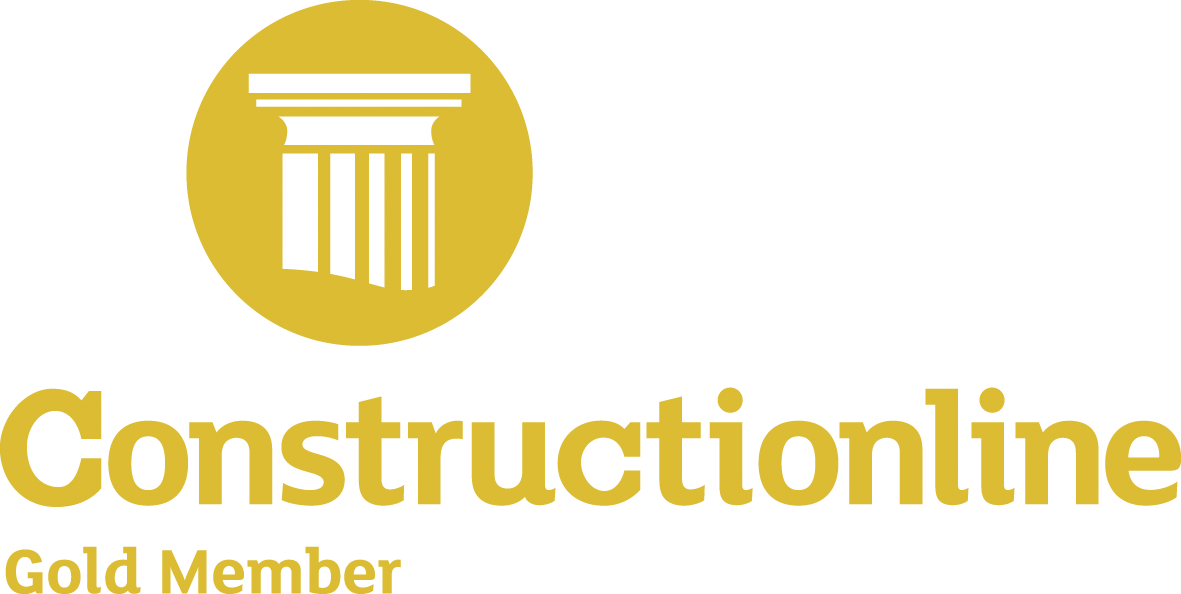Moving into a new home is always a thrilling experience. With the excitement of unpacking boxes and arranging furniture, surprises such as inheriting an oil tank can be less welcome. If your new home uses oil heating, understanding the responsibilities that come with an oil tank is essential. This guide will walk you through the basics, from inspections to maintenance, helping you manage your inherited oil tank efficiently and safely.
What is an Oil Tank, and Why Do Homes Have Them?
Oil tanks store heating oil, which fuels the home’s heating system. Oil heating is a popular alternative in many rural areas where gas mains are unavailable. Homes with oil heating will have either an above-ground or underground oil tank. While these tanks provide a reliable heating source, they require regular maintenance and compliance with environmental regulations.
Step 1: Inspect the Condition of Your Oil Tank
The first step after inheriting an oil tank is to inspect its condition. It is crucial to understand whether the tank is in good working order or needs repairs or replacement.
Professional Inspection
Hiring a professional to inspect the tank is highly recommended. A qualified technician can assess the tank for:
- Corrosion and Rust: These can weaken the tank and lead to leaks.
- Structural Damage: Cracks or bulging can indicate internal issues.
- Leakage: Even small leaks can have significant environmental impacts.
Self-Inspection Tips
If you prefer to do a preliminary check yourself, look for:
- Visible signs of rust or damage.
- Puddles of oil around the tank indicate leaks.
- Any noticeable odours of oil.
Step 2: Understand the Legal Responsibilities
In the UK, oil tanks are subject to strict regulations to prevent environmental damage. The Control of Pollution (Oil Storage) Regulations 2001 outlines the standards for storing oil safely.
Key Regulations
- Secondary Containment: The tank must have a bund (a containment system) to capture any leaks.
- Location Requirements: Tanks should be positioned away from water sources to prevent contamination in case of a leak.
- Regular Maintenance: Ensuring the tank is in good working order is legally required to prevent spills.
Failing to comply with these regulations can result in hefty fines and costly cleanups.
Step 3: Regular Maintenance and Servicing
Maintaining your oil tank is crucial to extend its lifespan and ensure it operates safely.
Annual Servicing
Annual service by a qualified technician should include the following:
- Cleaning the tank to remove sludge and debris.
- Checking for any structural issues or potential leaks.
- Ensuring the proper functioning of the oil supply lines and gauges.
Routine Checks
In addition to professional servicing, regular self-checks can help catch potential problems early. Look for any changes in the tank’s condition, such as:
- New rust spots or corrosion.
- Unusual noises or vibrations from the heating system.
- Decreased efficiency in your heating system could indicate issues with the oil supply.
